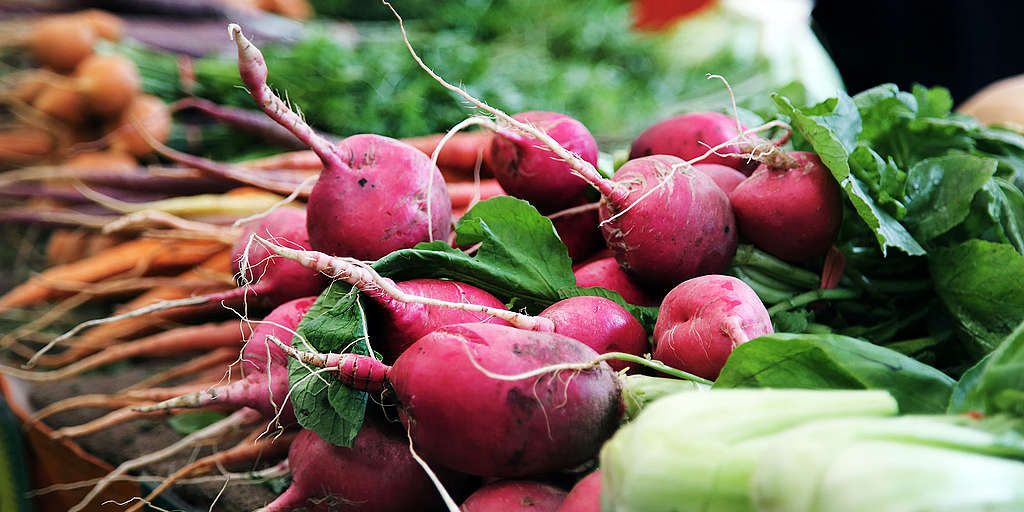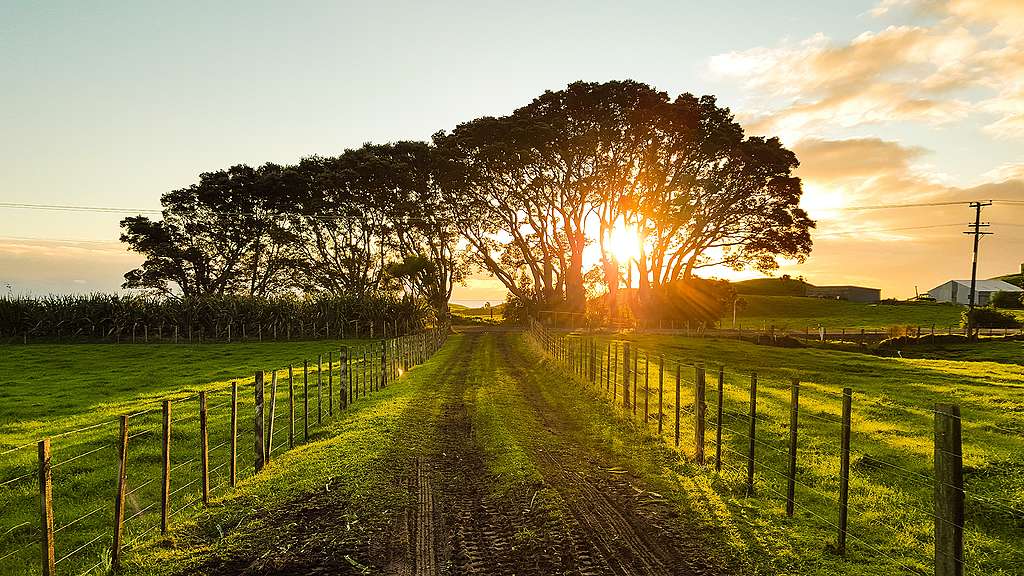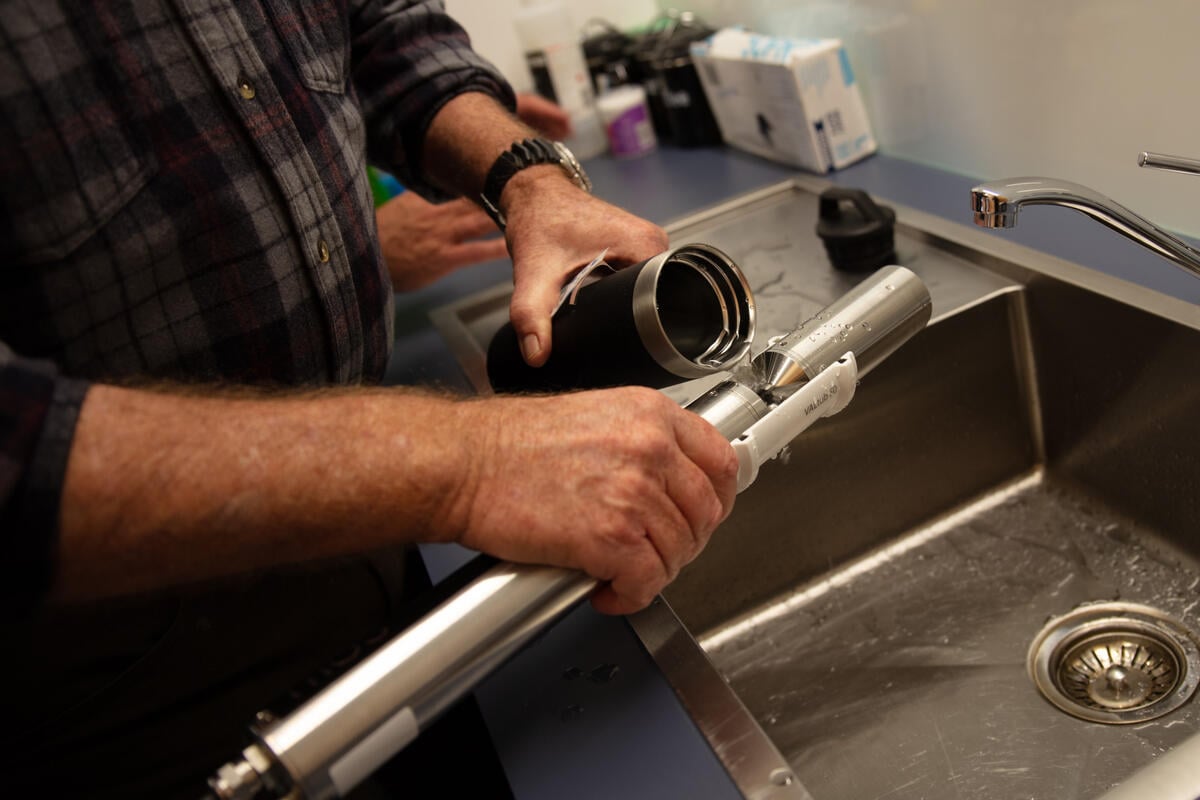“Alright, Greenpeace. We hear that you want clean rivers, lower carbon emissions, and a world where everyone has access to fresh, healthy food. You say regenerative agriculture can help us get there. But what exactly is regenerative agriculture?”
At its core, regenerative agriculture is about farming with the environment, not against it.

‘Regenerative agriculture’ is also known as “agroecology,” and “ecological farming”. Organic farming, permaculture and biodynamics are all examples of regenerative agriculture. But like the range of methods these farmers use, there’s a wide variety of definitions for regenerative farming.
We’ve narrowed it down to four key points that underpin the movement towards farming that works with the environment, not against it.
1. Regenerative farmers love diversity
Whether it’s sowing a pasture mix with 20 different types of seed in it, putting rows of trees in where sheep, pigs and cows graze together, or strategically growing fruit and veggies with companion plants, increasing diversity has a host of benefits: ecosystems thrive, the soil is nurtured, animal health improves, and pests are kept at bay
2. Regenerative farmers care for the soil
Speaking of soil, regenerative agriculture is all about dirt. From no-till methods where the soil is left to build up instead of being dug over all the time, to growing cover crops that feed nutrients back into the soil, regenerative farming means looking after soil.
3. Regenerative farmers use low-input methods
Instead of relying on synthetic nitrogen fertiliser to boost crops, regenerative farmers might plant a crop that puts nitrogen into the soil instead, like clover, tree lucerne or legumes. Instead of spraying pesticides, they might plant a companion plant that naturally deters unwanted insects. Not only does this stop harmful chemicals ending up in our waterways and on our food, it means farms are less reliant on expensive inputs that have to travel thousands of kilometres to get to their farm.
4. Regenerative farmers see the system as a whole
From the soil that grows the grass, to the animals that eat it, to the water that courses through New Zealand’s farms: regenerative agriculture means seeing it as all part of one system. Keeping the system in balance means paying attention to the ripple effects and knowing that what we think of as ‘waste’ can have huge benefits (think: compost).
However farmers choose to incorporate regenerative approaches, the benefits are huge: from increased food production to cleaning up waterways, locking carbon into the soil and benefiting whole ecosystems.
In contrast, the way of farming that currently dominates New Zealand relies on high-input methods, using heaps of synthetic fertilisers, pesticides and imported animal feeds to grow monocultures (the same species of plant, crop or animal) over a large area. These methods have huge impacts on water quality, greenhouse gas emissions and animal health.
A big difference between intensive and regenerative agriculture is in how farmers view their farm: instead of it being a factory that you put things like fertiliser into and then take out crops, meat or milk, it’s about seeing the whole thing—soil, water, plants and animals—as an ecosystem that needs to be given the right conditions to thrive.
Luckily, more and more Kiwi farmers are starting to turn towards regenerative agriculture, from market gardeners to dairy farmers. And right now, we have a huge opportunity to give regenerative farming a boost. We’re calling on the Government to invest in regenerative farming to boost New Zealand’s economy and keep Aotearoa thriving.
Regenerative farming documentary
What’s wrong with industrial agriculture?
Industrial dairy farming in New Zealand is causing big problems for our rivers and climate.

Call on Christopher Luxon to set up a billion dollar fund to transition New Zealand away from industrial to regenerative agriculture.
Take Action



